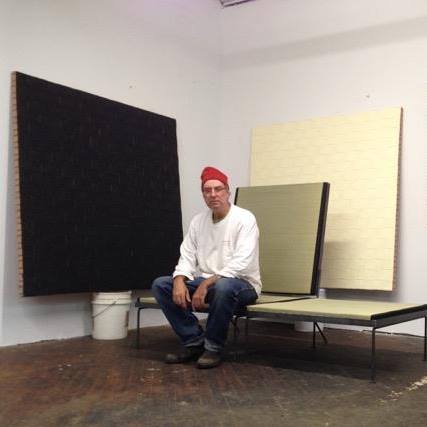Schwarz
View current page
...more recent posts

The checks Bultman writes are allocated only to those who work, which these days in New Orleans can mean performing at a club in front of a handful of Federal Emergency Management Agency workers.
On many nights, money from the door is minimal or nonexistent. Bultman hopes her $100 subsidy is enough to dissuade someone from taking a gig in another city. If instruments and artifacts from the city's musical heritage were washed away, then New Orleans' soul -- the musicians who define it -- must stay.
"As the time wore on," Bultman says, "more and more musicians who were dumped all over the country wanted to come back. We soon realized that this is really about giving people instruments and giving people hope, and that's when we started paying the gig fees."
Two months ago, Bultman, a writer/historian and the co-founder of the New Orleans Musicians' Clinic, was urging displaced musicians to return to the city. She started the clinic with her husband in 1998 with the assistance of Dr. Jack B. McConnell, the developer of Tylenol tablets whose son, Page, played keyboards for the band Phish. With a mix of pride and a dedication to preserving a music culture that she says "percolates out of the ground," Bultman hoped all New Orleans' evacuees would soon be returning.
'NEW ORLEANS IS NOT A HEALTHY PLACE'
Reality, however, soon sunk in, and now she is not so sure. "The goal was to get everyone we could get back to New Orleans," she says. "Now that we're back, we've moved away from that. We've moved away from the fantasy that everything would go back to the way it was. New Orleans is just not a healthy place for everyone to come to."
